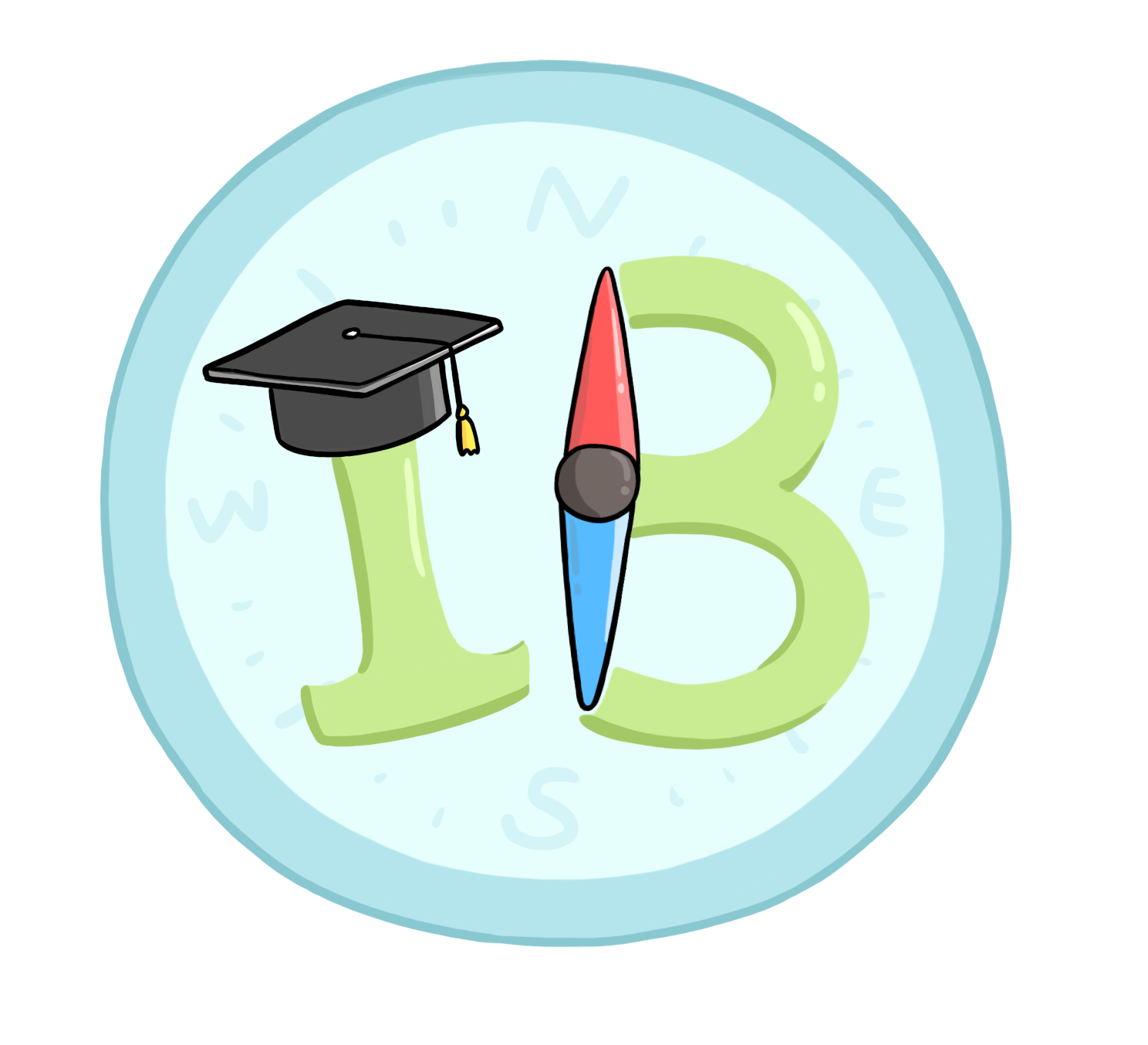Link to the official website: https://www.bpho.org.uk/
Brief Introduction:
It started in 1979 and officially selected the national team for the UK in 1983. The organizing committee is mainly composed of Oxford University, the Institute of Physics and the Odgen Foundation.
Why we recommend Physics Blow:
In the context of the rising standardized test scores year by year, as a top international physics competition, BPhO’s excellent results will make you stand out among many students with similar competitiveness, and gain extra advantages in undergraduate applications to Oxford, Cambridge and Ivy League schools, especially for students who want to study physics, engineering and materials in undergraduate studies. The experience of BPhO will be icing on the cake for you.
Time schedule(based on previous tests):
- Registration Deadline: Round 1: November 2, Round 2: February 15
- Contest Date: Round 1: November 12, 13:55-16:40; Round 2: February 25, 13:00-16:00.
Registration:
Students are entered for the Competition by their registered teachers, who can access the Competitions platform This can only be done by teachers and NOT by students.( https://exams.bpho.org.uk/login) In addition, the competition is divided into two rounds: Round 1 and Round 2. Only students who have won the TopGold Super Gold Award in the BPhO Physics Competition of the same year are eligible to participate in the BPhO Physics Competition in Round 2.
Test types:
Round1
Round1 has a reading time of 5 minutes and a written test of 160 minutes. The test questions are in the form of proof questions, divided into two parts.
• Section1 has a total of about 15 questions (the number of questions is not fixed), and each question has different scores (ranging from 3 to 10 points) according to the difficulty of each year, and the total score is about 84 points (may be different every year). Contestants only need to choose questions with 50 points to answer. The maximum score for this part is 50 points. If students choose to answer questions with more than 50 points, there will be no deduction for wrong answers, and correct answers will count, but the maximum total score is 50.
• Section2 has about 5 big questions, each big question is divided into several small questions, each small question has different scores, and each big question has a total of 25 points. You can choose to answer any 2 questions (the specific number of questions is subject to actual conditions).
Round2
Round2 exam lasts 180 minutes and the questions are in the form of proof questions.
Awards:
- Individual Awards:
Round 1 Awards
- Super Gold Award: 49 points or more, approximately the top 11%
- Gold Award: 39 points or more, approximately the top 20%
- Silver Award: 30 points or more, approximately the top 32%
- Bronze First Prize: 23 points or more, approximately the top 45%
- Bronze Second Prize: 11 points or more, approximately the top 75%
Round 2 Awards
- Gold Award: Paper score 45-100 points
- Silver Award: Paper score 30-44 points
- Bronze Award: Paper score 0-29 points
Syllabus Linkage:
BPhO basically covers all the knowledge points of high school physics, involving a wide range of knowledge points, including those that need to be mastered in the AS stage: mechanics, materials science, waves, circuits, electric fields, momentum, data analysis and nuclear physics, etc. And the knowledge points that need to be mastered in the A2 stage: circular motion, magnetic field, photoelectric effect, quantum mechanics, simple harmonic motion, thermodynamics, etc., and expands on this basis, and some of them may exceed the high school curriculum knowledge outline.
References:
Round 1. (n.d.). https://www.bpho.org.uk/bpho/round-1.html









